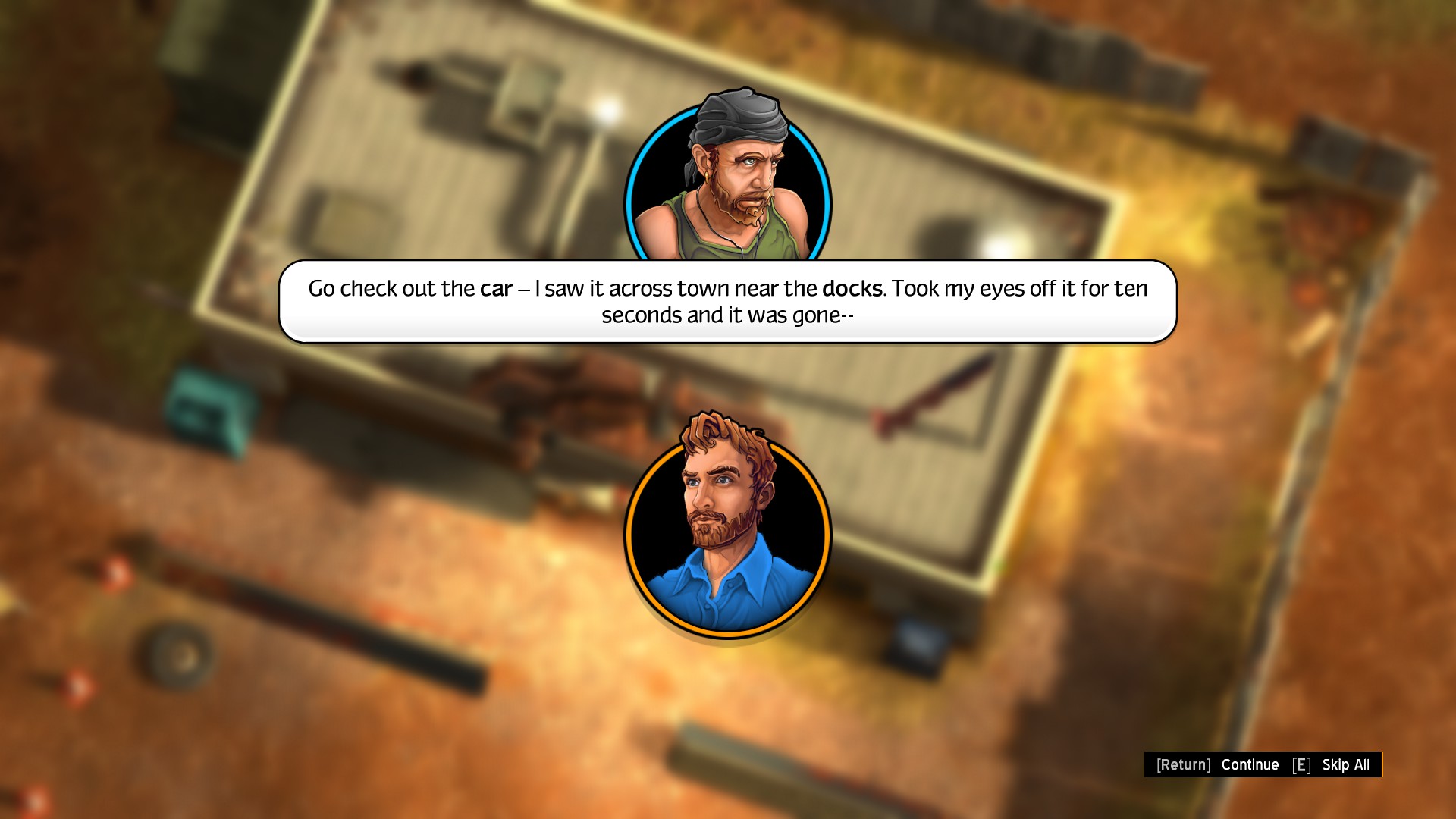Title: Beyond the Screen: How Deep Game News Stories Reshaped Industry Paradigms
The video game industry, often perceived through the lens of flashy trailers and quarterly sales figures, is a complex ecosystem of creativity, technology, and human drama. While previews and reviews dominate the daily news cycle, it is the deeper, often investigative stories that truly alter the course of the industry. These are not mere reports; they are seismic events that force introspection, challenge power structures, and redefine what it means to create and play games. They change perspectives from the inside out, impacting developers, consumers, and executives alike.
One of the most profound shifts in recent history was catalyzed by the relentless investigative journalism into workplace culture, most notably the exposes surrounding Activision Blizzard. What began in 2021 with a California state lawsuit alleging a pervasive "frat boy" culture of harassment and discrimination exploded into a series of deep-dive reports from outlets like Kotaku, Bloomberg, and The Washington Post. These weren't simple news bites; they were detailed, harrowing accounts that gave a voice to countless employees who had suffered in silence.
The perspective change here was monumental. The industry’s facade of pure, unadulterated fun crumbled to reveal the human cost of crunch, systemic sexism, and toxic leadership. It forced a conversation that extended far beyond a single company. Studios across the globe were compelled to examine their own practices. Executives could no longer ignore culture as a "soft" issue; it became a critical business risk, impacting recruitment, retention, and brand reputation. This wave of accountability, driven by deep journalism, empowered developers to unionize and demand better treatment, fundamentally altering the employer-employee power dynamic and placing well-being at the forefront of industry discourse.
Another perspective-altering story emerged from the shadows of development hell with the "Final Fantasy VII: No Mercy" fan project and, more importantly, its public cancellation and the revelation of its developer's struggles. While not a news story in the traditional sense, the deep dives into this event by content creators like Matt McMuscles in his "Wha Happun?" series highlighted a critical, often overlooked aspect of game development: the psychological toll of scope creep and unmanaged ambition.
This narrative changed the perspective on game development from a purely technical challenge to a profoundly human one. Fans and aspiring developers saw the stark reality behind the dream of creating a game. It wasn't just about coding and art; it was about project management, mental health, and the danger of passion outpacing practicality. This story, and others like it, fostered a greater sense of empathy and realism within the community. It encouraged a more nuanced conversation about the viability of projects and the importance of setting healthy boundaries, shifting the "crunch is mandatory" mentality to a more sustainable view of creativity.
Furthermore, the explosive success and cultural penetration of "Among Us" in 2020 became a deep news story in its own right. The narrative wasn't just about a game getting popular; it was about the why and the how. In-depth articles explored its origins as a nearly forgotten 2018 project by the small studio Innersloth and its miraculous resurrection through the lens of streaming and pandemic-era social needs.
This changed the industry's perspective on virality and legacy. It demonstrated that a game's quality isn't solely defined by cutting-edge graphics or massive budgets, but by its ability to facilitate social connection and create shared moments. It challenged the AAA model's dominance and validated the "right game at the right time" phenomenon. Publishers and developers began to see live streaming not just as a marketing tool, but as a fundamental ecosystem that could breathe life into dormant projects, leading to a greater appreciation for simple, elegant game design focused on player interaction.
Finally, the ongoing coverage and analysis of the Microsoft acquisition of Activision Blizzard transcends financial reporting. Deep analyses have explored the potential implications for platform exclusivity, the future of cloud gaming, and the consolidation of talent and IP on an unprecedented scale. This story is changing perspectives on the very structure of the industry. It prompts questions about what such mega-corporations mean for innovation, competition, and consumer choice. The perspective is shifting from a industry of numerous competing entities to one potentially dominated by a few platform-owning giants, forcing everyone to reconsider strategies for survival and relevance in a new landscape.

In conclusion, the video game industry is continually reinvented not by its products alone, but by the stories behind them. The deep investigative reports into corporate malfeasance, the candid post-mortems of development struggles, and the analyses of seismic market shifts do more than just inform—they educate, empathize, and empower. They tear down outdated paradigms and build new ones grounded in accountability, sustainability, and a deeper understanding of the human element at the heart of every game. These stories ensure the industry's evolution is not just technological, but ethical and cultural, forever changing how we see the games we play and the people who make them.
Tags: #GameDevelopment #IndustryEthics #VideoGameNews #ActivisionBlizzard #WorkplaceCulture #AmongUs #GamingIndustry #MicrosoftAcquisition #GameJournalism #PlayerPerspective














